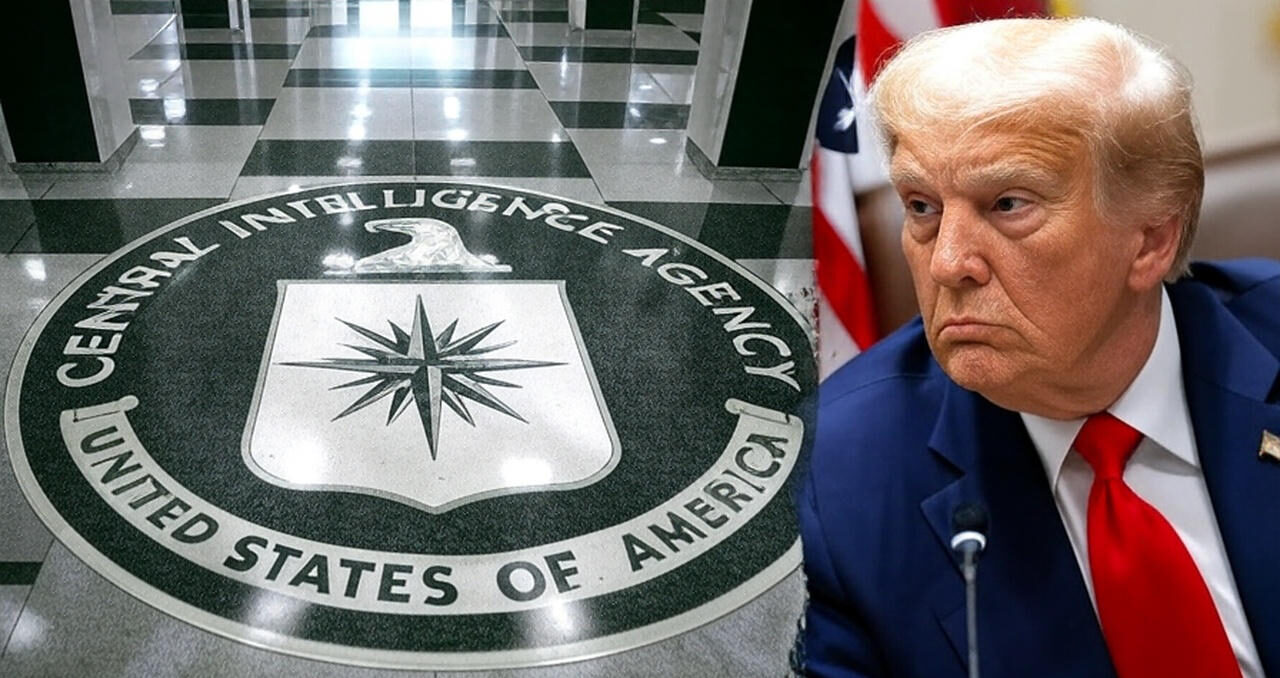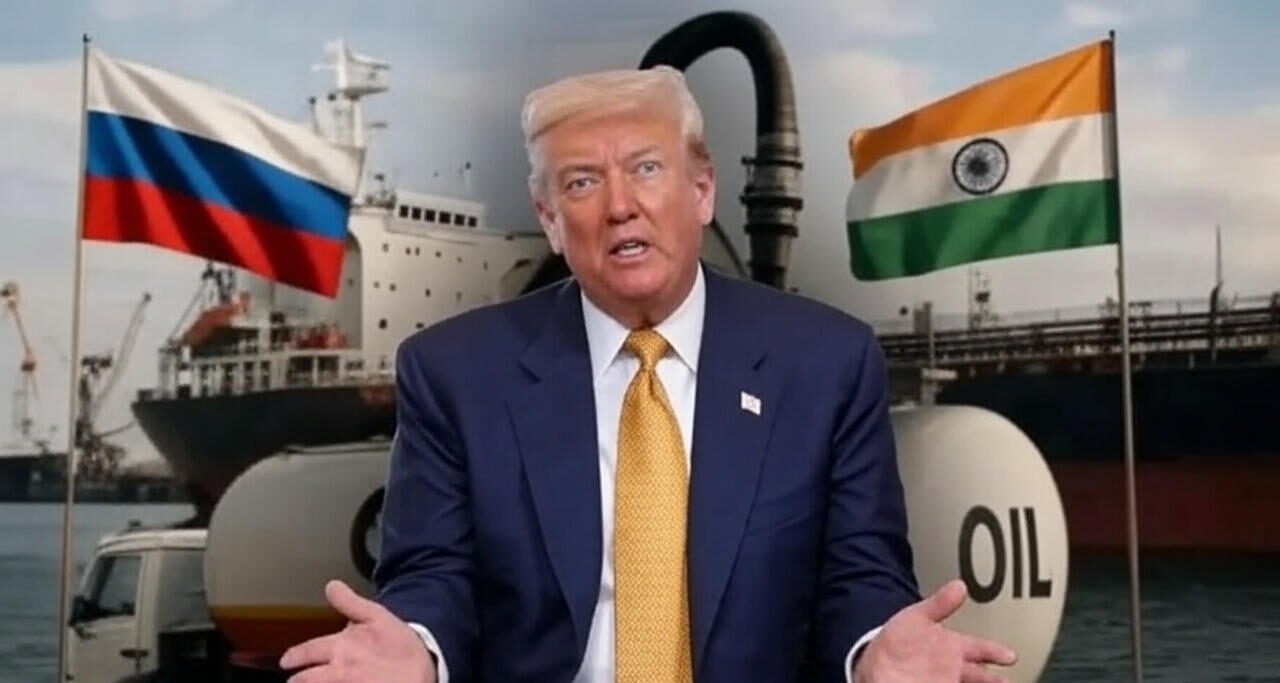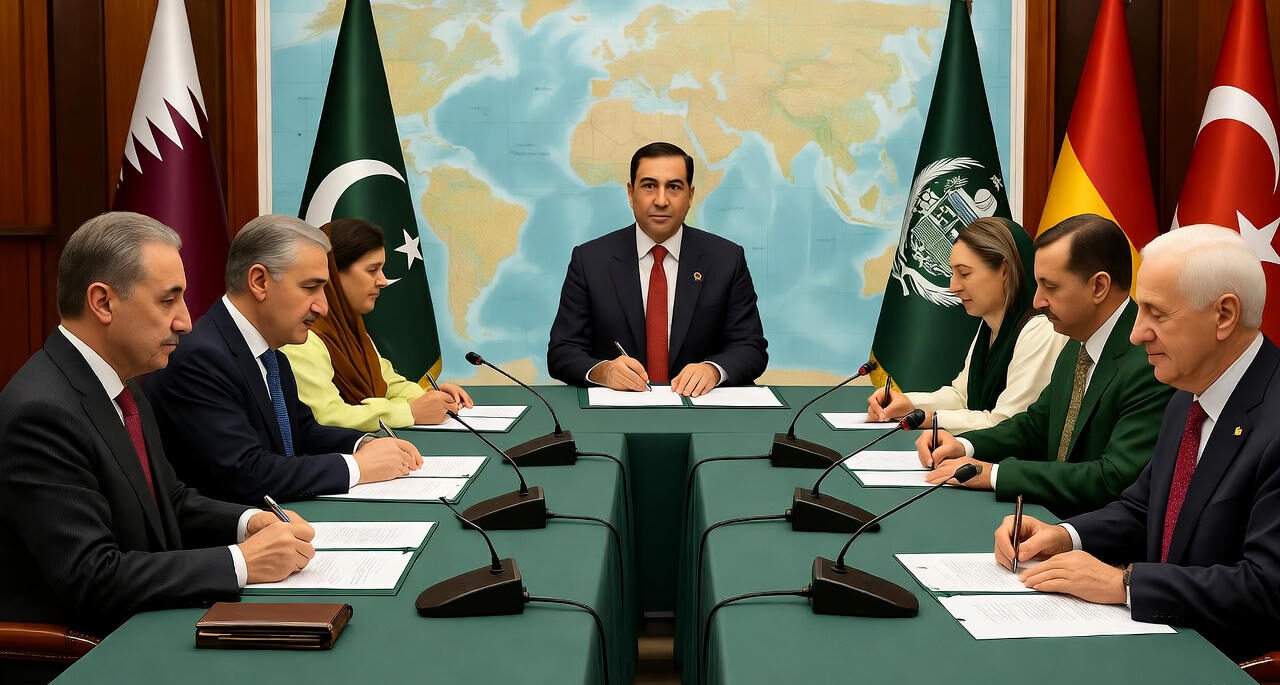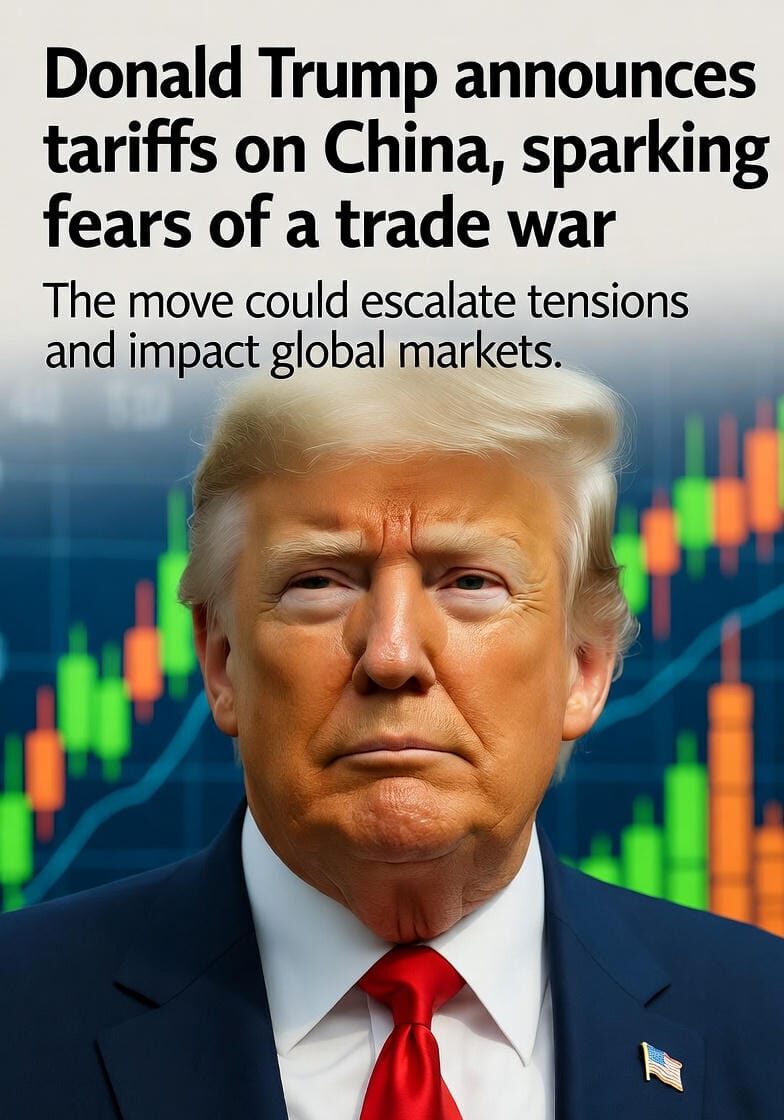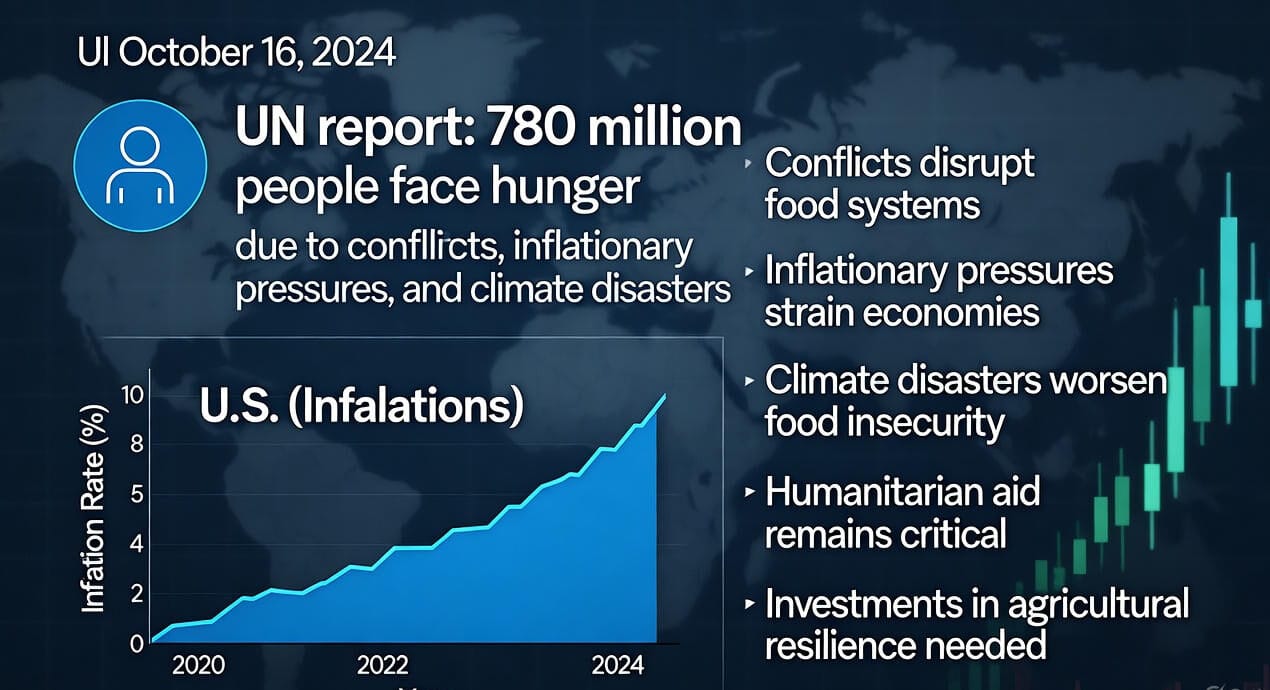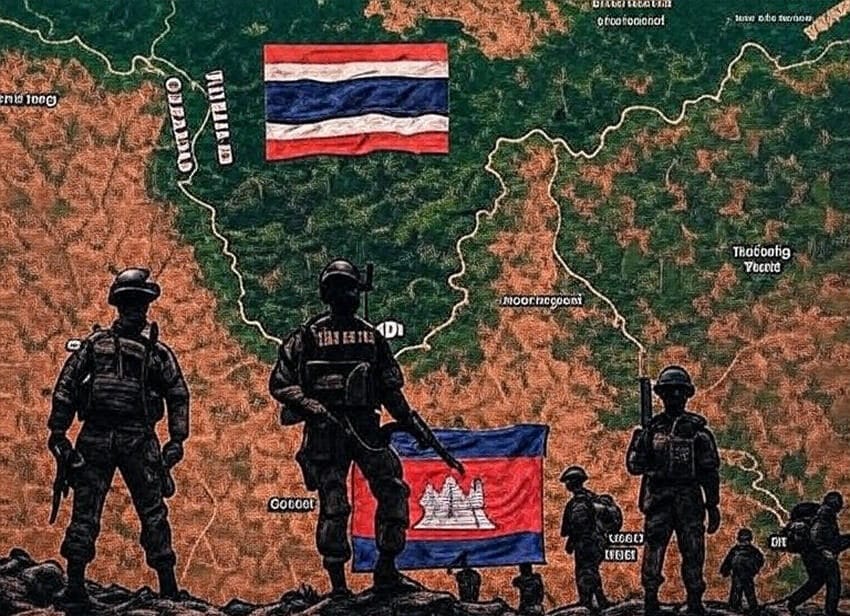
In July 2025, the long-standing border dispute between Thailand and Cambodia erupted into one of the most severe conflicts between the two Southeast Asian nations in over a decade, resulting in significant casualties, mass evacuations, and heightened diplomatic tensions. The clashes, centered around contested border areas, have drawn international attention, with calls for de-escalation from regional and global powers. This article explores the origins, developments, and implications of the crisis, providing a comprehensive overview of the situation as of July 25, 2025.
Origins of the Conflict
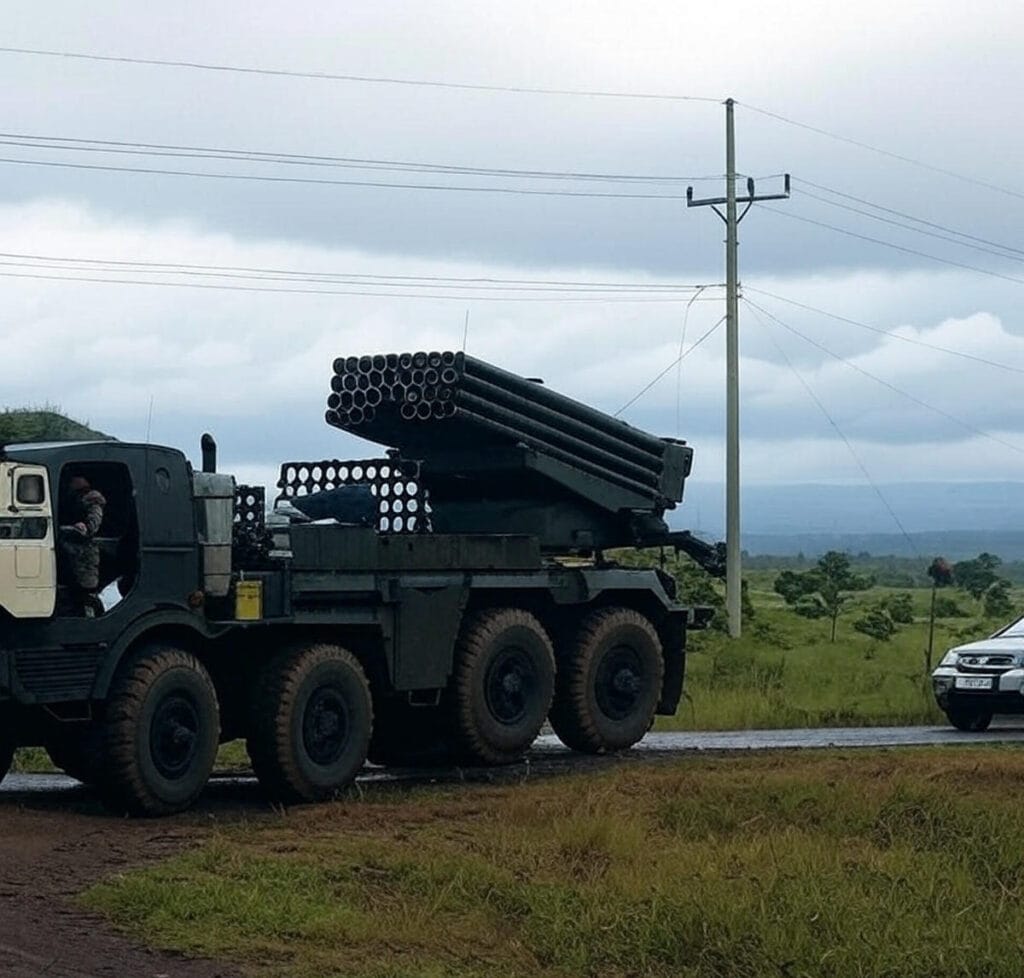
The Thailand-Cambodia border dispute traces its roots to colonial-era treaties, particularly the 1904 and 1907 Franco-Siamese agreements, which ambiguously demarcated the 817-kilometer border. Key points include the Preah Vihear Temple, which was given to Cambodia by the International Court of Justice in 1962, and other disputed sites such as Prasat Ta MuenThom is located in the Emerald Triangle, also known as Chong Bok, where the borders of Thailand, Cambodia, and Laos meet. Nationalist sentiments in both countries have historically fueled tensions, with disputes over cultural heritage sites like temples exacerbating bilateral relations.
Tensions escalated in early 2025 following a series of provocative incidents. On February 13, Thai soldiers prevented Cambodian tourists from singing their national anthem at Prasat Ta Muen Thom, sparking outrage.On May 28, a small fight in the Emerald Triangle led to the death of a Cambodian soldier, and both groups blamed each other for starting the conflict. Despite attempts at de-escalation, including military talks on May 29, the situation deteriorated further, culminating in armed clashes on July 24, 2025.
Recent Developments
The current wave of violence began on July 23, when a Thai soldier lost a leg to a landmine in Thailand’s Ubon Ratchathani province, an incident Thailand attributed to Cambodia, which denied laying new mines. On July 24, heavy fighting erupted near Prasat Ta Muen Thom, with both sides engaging in gunfire, artillery shelling, and rocket attacks. Thai authorities reported 15 deaths, including 14 civilians, with significant casualties in Sisaket province, where a Cambodian rocket struck a gas station, killing six. Cambodia reported at least one civilian death and five injuries, with unconfirmed reports of additional casualties.
Thailand escalated the conflict by deploying F-16 fighter jets, with one jet bombing a Cambodian military target near the Preah Vihear Temple, a UNESCO World Heritage Site, prompting Cambodia to condemn the strike as a “cultural disaster.” Cambodia’s defense ministry also accused Thailand of using cluster munitions, a claim that, if verified, would constitute a violation of international humanitarian law under the 2008 Convention on Cluster Munitions.
The violence has led to significant displacement, with Thailand evacuating over 138,000 civilians from four border provinces, including Surin and Sisaket, and Cambodia reporting the evacuation of 1,500 families from Oddar Meanchey province. Both nations have closed border crossings, with Thailand imposing a level-four closure, prohibiting all land travel, including for tourists and traders, and Cambodia banning Thai fruit imports, soap operas, and fuel.
Political Fallout
The crisis has had profound political repercussions, particularly in Thailand. Prime Minister Paetongtarn Shinawatra, daughter of former Prime Minister Thaksin Shinawatra, was suspended on July 1, 2025, by Thailand’s Constitutional Court following the leak of a June 15 phone call with Cambodia’s former leader, Hun Sen. In the recording, Paetongtarn called Hun Sen “uncle” and criticized a Thai military leader. These comments were seen as weakening the military and showing more favor to personal relationships than to the country‘s interests.The leak, attributed to Hun Sen, led to public outrage, protests in Bangkok, and the withdrawal of the Bhumjaithai Party from the ruling coalition, further destabilizing the Pheu Thai-led government.
In Cambodia, Hun Sen, now Senate President and father of Prime Minister Hun Manet, has leveraged the crisis to bolster nationalist sentiment, potentially strengthening his son’s leadership amid domestic economic challenges. Hun Manet has called for an urgent UN Security Council meeting, accusing Thailand of “unprovoked military aggression.”
International Response
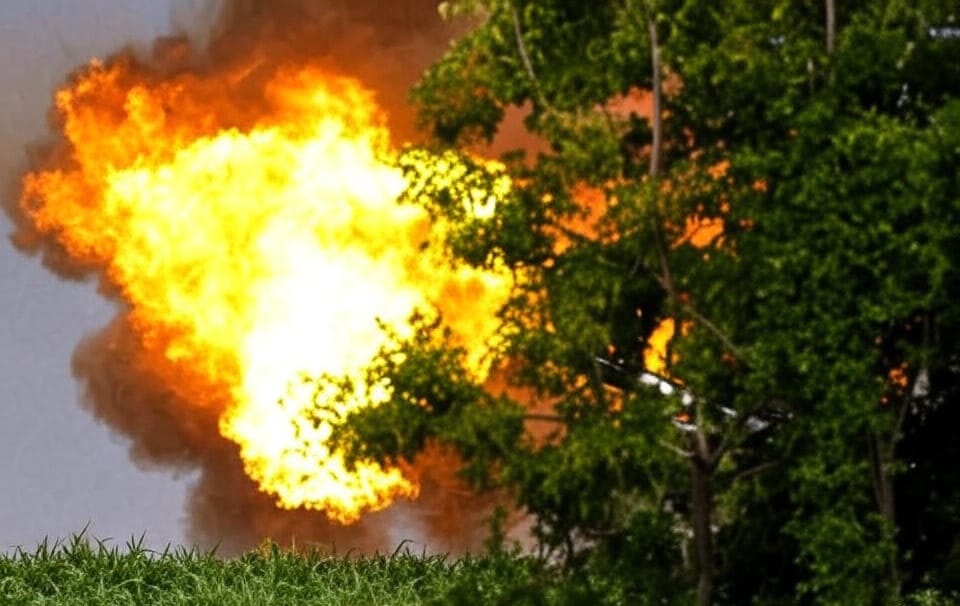
The world has shown worry about the increasing violence.The United States, a treaty ally of Thailand, urged an immediate cessation of hostilities, while China, a major trading partner for both nations, voiced “deep concern” and offered to facilitate peace talks. Malaysia, as the 2025 ASEAN chair, proposed a ceasefire, which Thailand conditionally accepted, insisting that Cambodia halt attacks first. The UN Security Council is scheduled to discuss the crisis, reflecting its potential to destabilize the region.
Implications and Path Forward
The Thailand-Cambodia border crisis poses significant risks, including the potential for a broader regional conflict and economic disruption, particularly given impending U.S. tariffs of 36% on both countries’ exports starting August 1, 2025. The conflict has also exposed vulnerabilities in Thailand’s political system, with Paetongtarn’s suspension and the Shinawatra dynasty’s weakened position raising concerns about further instability.
Resolving the crisis will require diplomatic efforts to address both immediate hostilities and underlying territorial disputes. Thailand favors bilateral negotiations, rejecting third-party mediation, while Cambodia’s pursuit of ICJ intervention is unlikely to succeed due to Thailand’s rejection of the court’s jurisdiction. ASEAN’s role as a mediator could be pivotal, but its effectiveness has been limited in past disputes.
The Thailand-Cambodia border crisis of 2025 underscores the fragility of bilateral relations in Southeast Asia, where historical grievances and nationalist fervor can rapidly escalate into violence. As both nations grapple with internal and external pressures, the international community must prioritize de-escalation to prevent further loss of life and regional instability.
